New Delhi half-marathon tries radio waves to beat city's toxic smog
India is home to the world's 14 most polluted cities
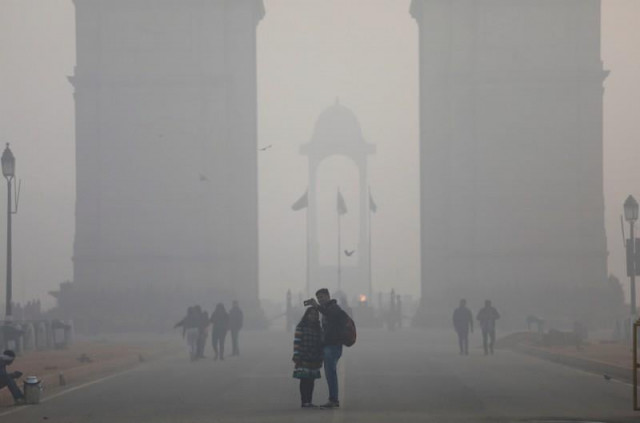
People take a selfie in front of the India Gate war memorial on a smoggy winter morning in New Delhi, India, December 26, 2017.
PHOTO: REUTERS
India is home to the world's 14 most polluted cities. Last year the smoke from burning crop waste and thousands of firecrackers contributed to a toxic smog that blanketed the capital of New Delhi and a large part of northern India in toxic smog.
EPA conducts survey to curb air pollution
The city's Chief Minister Arvind Kejriwal warned New Dehli would face the same fate this year if Narendra Modi's ruling Bharatiya Janata Party did not do more to combat pollution.
After medical experts urged the cancelling of last year's race, marathon organisers responded by bringing the race date forward to October, away from November's Diwali festival when the firecrackers are set off. They also tried to dampen down the dust that hangs over the city in winter, including reagents from the mining industry to treat roads, dropping water vapour along the course from a height of 20 feet.
The techniques also included using the UHF waves to dispel pollution from particulate matter measuring only 2.5 microns, known as PM2.5, whose small size - about 30 times smaller than a human hair - allows it to lodge deep in the lungs, damaging the respiratory system.
"It was a great day with clear skies and no pollution-related incidents among our 35,000 runners," Vivek Singh, a managing director of race promoter Procam International told Reuters.
He said the Delhi government, which last year resorted to shutting power stations and banning some cars from roads to clear the air, should look at using the UHF technology, manufactured by a Bangalore-based company Devic Earth, to mitigate pollution.
"We have shown that it works and made a point to tell the authorities," he added. Pictures of the event, which began at 5 am showed relatively clear skies, with the early morning sun visible through a sight haze.
Karachi, Lahore among cities with worst air pollution
"I did doubt signing up, but it was just the usual morning haze, and didn't feel hard to run in," said Emily Jackson, a British carbon market analyst living in New Delhi who competed in the race for the first time. "I only saw one person with a mask."
Singh said the measures had reduced pollution by "at least" 30% during the race, though air quality at monitoring stations near the route were still rated as "very unhealthy" under international standards.
The women's race was won by Ethiopian Tsehay Gemechu in a
course-record time of 1:06:50, while teenage compatriot
Andamalak Belihu finished first in the men's race with a time of
59:18.

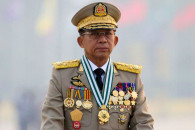
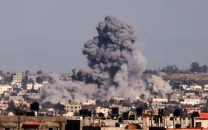
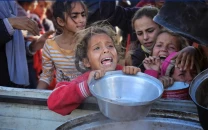


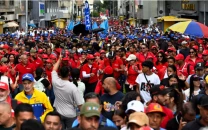












COMMENTS
Comments are moderated and generally will be posted if they are on-topic and not abusive.
For more information, please see our Comments FAQ